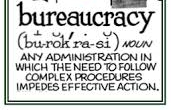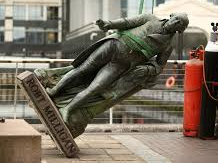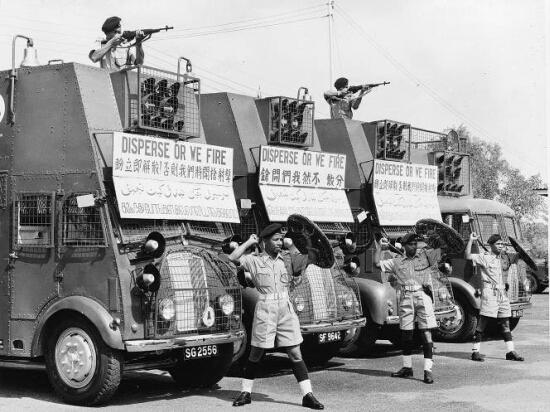Are bureaucrats humane and pragmatic? One would hope so.
Assuming they are, it follows that they must have regard for the impact of their decisions.
Last year a long term resident had his application for renewal of his residence visa refused, because his original visa granted in 2014 had expired when he submitted his renewal application.
He had applied in time in 2019, but that application was found to be invalid because the wrong fee had been paid.
The correct fee was paid in July 2019, but by the time the application was submitted in August, the fees had been increased. Government applications require proof of payment before submission of applications.
In a matter of days, the application was declared invalid as there was a fee shortfall of $25. The applicant was advised by the department to re-apply with evidence of full payment, which was done, but by the time the new application was received, the original visa time period had elapsed by one or two days.
The applicant was also advised that he could no longer work as he had no valid visa and he had to resign.
After a week he was granted a bridging visa pending the consideration of his subsequent (late) visa application. Fortunately he was re-employed by his employer.
After 15 months, he was advised in 2021 that his application was refused as it had been made in Australia, when he had no valid visa.
He has lodged an appeal against that decision and his bridging visa has been extended.
This appeal will be heard in anywhere between 15 and 30 months.
The applicant is a family man, who has held full employment as a manager since his arrival in 2014.
The man loves Australia; he is a sportsman and lover of the outdoors; he wants to buy a house and raise his family here. He has no criminal record or history of bankruptcy; his partner is a top level educationist. His qualifications have already been scrutinised when he first applied in London in 2014.
The prolonged torture of having one’s career and family future hanging by a thread for 3 to 4 years is agonising for him and his family.
Why can’t bureaucrats look beyond such petty transgressions which can be so easily fixed? Presumably when appeals are lodged the relevant decisions are internally reviewed.
Does this mean this type of petty bureaucracy is condoned and thus encouraged in government ministries?
Where is the benefit for Australia?
Politicians would not survive scrutiny of such petty acts.
Just a thought – If these processes were digitised, turnaround would be almost instantaneous.
Even systems can be taught compassion and common sense.



